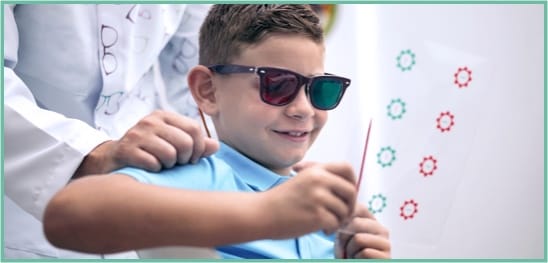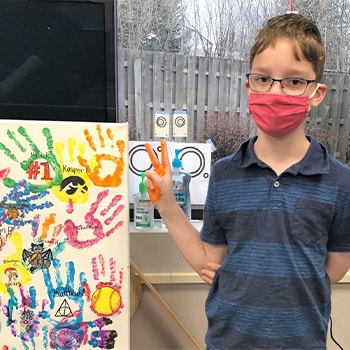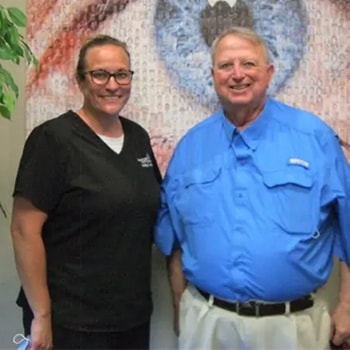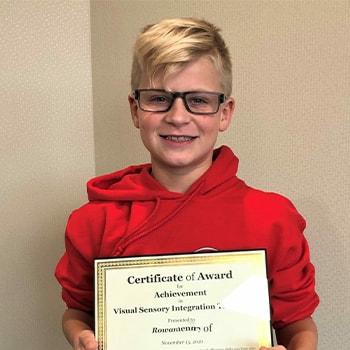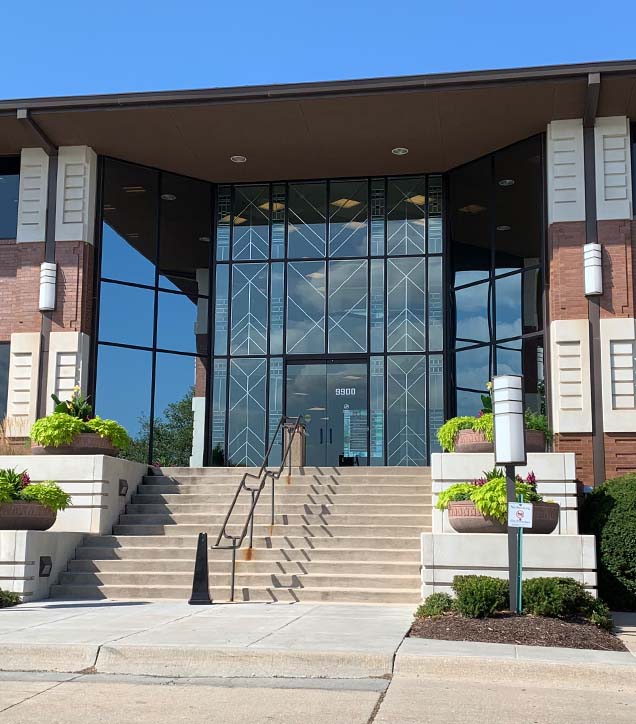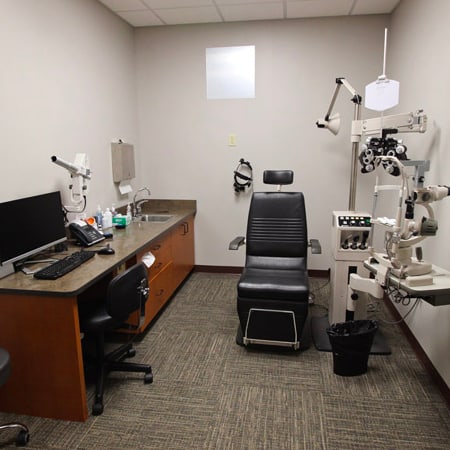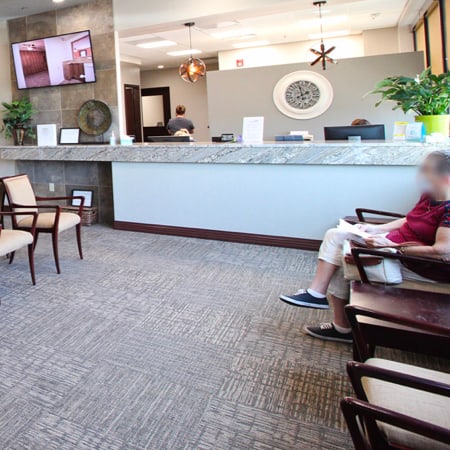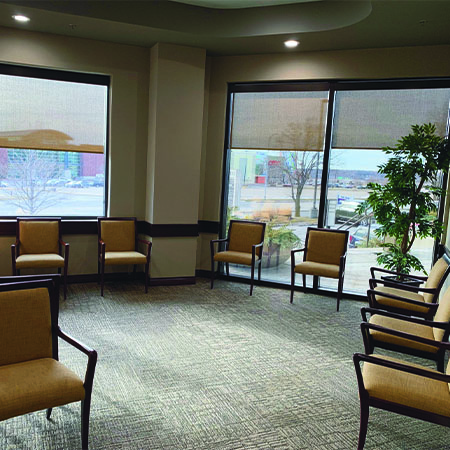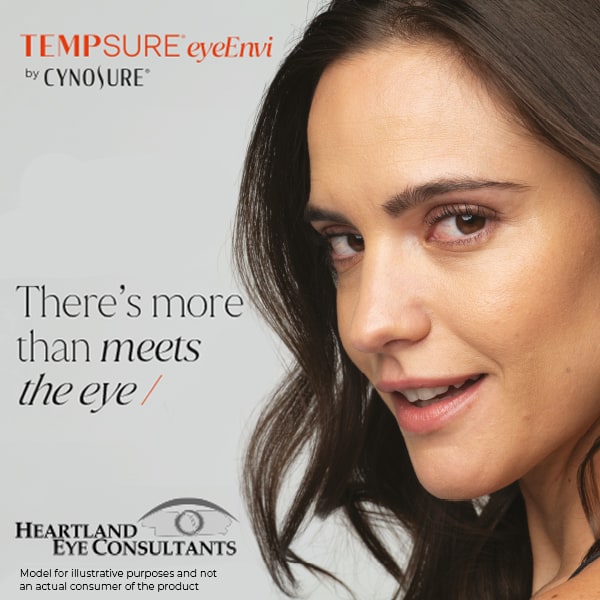Do you notice your child or student struggling with:
- Learning the alphabet?
- Remembering what letters or numbers look like?
- Writing letters or numbers correctly?
- Recognizing words?
- Seeing minor differences between words like on/no, clear/clean, it/if
- Confusing words that begin and end similarly like winter/water, fire/fierce, through/though
- Recognizing a word that was previously seen on the page or previous page
- Comprehending reading material
- Having to vocalize during silent reading
- Remembering what they see in order to copy from one place to another
- Remembering instructions (especially multiple step ones)
- Recognizing or remembering patterns
These are all problems that can result as a deficiency in VISUAL PERCEPTUAL SKILLS. Once a person obtains visual information from the 2 eyes, the brain has to manipulate, process and analyze the information. How a person interprets this information is their PERCEPTION of the world.
Perceptual skills are the building blocks for all learning to occur. These skills start to develop when infants are interacting with their world and continue to develop throughout life. The major development of these skills occurs when a child is playing. Some examples of these skills and ways children can develop them through creative play and manipulation toys children are:
- developing the ability to see differences:
- seeing differences in which outfit they want their dolls to wear or differences between which car they want to race
- developing imagination and visual memories
- playing pretend or replaying events that happened such as playing dress-up and weddings or playing farm
finding a select object in a group of objects - trying to find a particular color of crayon, finding their favorite doll, or finding a particular lego piece
developing an understanding of sequences - developing a beginning and ending of a story or planning out a sequence of an activity like playing kitchen and cooking
- developing organization and sorting skills
- putting toys away in their proper place or organizing toys/objects into groups
The benefit of actual play with toys and 3D objects over tablets and phones is that other senses can help develop the visual perception and by comparing the visual information tactile and auditory perceptions. You can SEE and FEEL the difference between a new large, soft, and plush teddy bear compared to an old small, thin, and worn out teddy bear.
The interesting aspect of perception is that it is influenced by what has been seen previously and what you expect to see. The brain is constantly predicting what information to expect in order to improve speed of processing by reducing how much new information must be processed. This skill is essential in reading because the person predicts what words will be next and then compares that to what is actually seen. This is why you often don’t notice things when you visit someone’s house for the first time or you notice more details when you read a book or watch a movie for the second and third time.
If there is a problem with VISUAL PERCEPTION, it can cause all of the difficulties noted at the beginning of this article and significantly reduce a person’s ability to perform up to grade level and excel in reading, spelling, hand writing, math and comprehension. Approximately 80% of learning occurs through the visual system. So if the brain is struggling to process or not properly analyzing visual information it can significantly impact learning. Problems can occur in both perceiving information accurately and the processing of the information. The good news is that vision therapy can help with these vision related learning problems!
If your child is has some of the problems of a VISUAL PERCEPTUAL deficiency our Developmental Optometrists at Heartland are specialists in testing and treating these deficiencies. If your child is still very young you can help them develop these skills by encouraging active play. Playing educational games as a family are also great ways to help your child develop these skills. Some of our favorites are: Memory, Spot-It, Blink, Match-It, Go Fish, Swish, Rapid Reflex, and Set.
More information can be found in the books:
“When Your Child Struggles” by Dr. David Cook
“The Hidden Link Between Vision & Learning” by Wendy Rosen
“Red Flags for Elementary Teachers” by Katie Johnson








